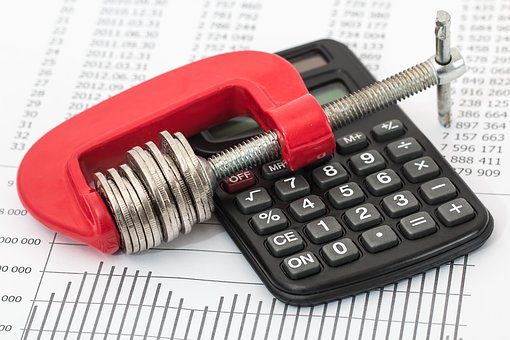Going Paperless for Security
Is your business paperless? Studies completed in 2017 show that only 25% of organizations run a totally paper-free environment. Surprisingly, even with the introduction of technology where documents can be stored, the usage of paper products has actually increased by 126% in the last 20 years. The average office worker continues to use a staggering 10,000 sheets of copy paper every year and 45% ends up in the trash by the end of the day.
Going paperless can have numerous benefits, the top being cost savings to buying paper, files or folders, and filing cabinets. Your cost savings will depend upon what you are currently spending on paper and how you are managing or using that paper.

In addition to the cost savings, the savings on physical space can be remarkable. Who doesn’t need more room for storage? Going paperless can also mean that your office will become more organized and less cluttered. The pile of printouts including tax documents, accounting documents, invoices, and receipts can be overwhelming especially with each year that you are in business.
While the freed up space, organization, and cost benefits can be fantastic, one of the best advantages of going paperless is for security. This is especially true if you are in the healthcare industry and need to remain compliant with HIPAA and privacy laws.
Businesses that use paper as the main form of maintaining documents experience some obstacles when it comes to security. First and foremost, there is no real way to control who is accessing the data, modifying it, or even photocopying it. This is a huge disadvantage to the large number of small and medium-sized businesses that rely on paper as their main form of data collection.

Switching to digital files can mean stronger security. Although experts will admit that it does not eliminate the risk of a security breach, it does put the control more firmly in the hands of the business leaders and IT managers.
Digital security for data can and should include encrypted files that render the data unreadable to people who are not permitted access. Add to this the fact that digital data can be tracked, meaning that business owners can control and track who can access, view, and modify the data. Electronic security can track who has done any of those things. With paper, there is really no way of knowing who has taken a photocopy unless it is under lock and key in a storeroom.
As mentioned, the healthcare industry is especially at risk since there are compliance issues that will need to be taken into account. Dental and medical offices need to maintain sensitive information as required by law.
Is your business switching from paper files to digital? Spectra Networks specializes in HIPAA compliance and can help your company make the transition to paperless in a secure manner. Call Spectra Networks at 978-219-9752 or visit our website.
